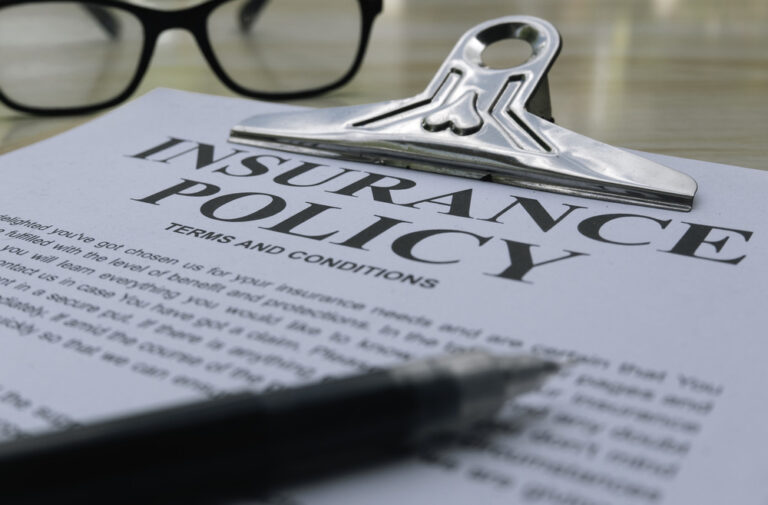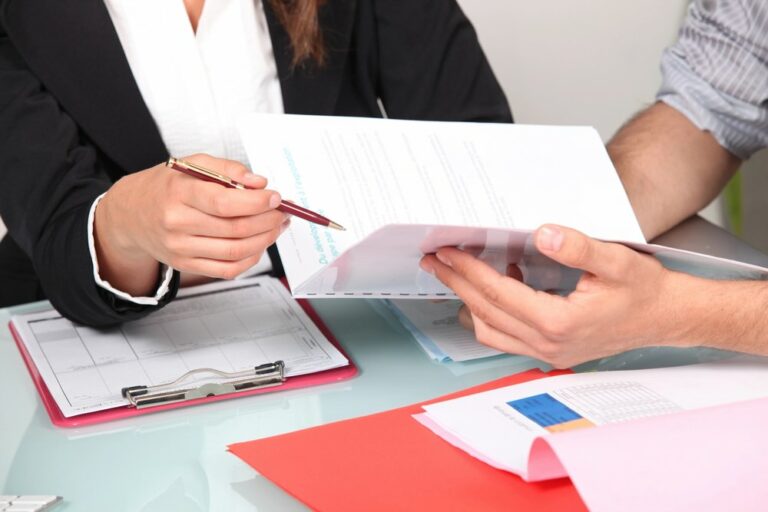If you’re not careful, you can easily find yourself running into static caravan pitfalls – either at the point of buying your holiday home or further down the line, when you have your own static caravan.
In this guide, we’ll share all of the potential pitfalls involved with static caravans. These are really useful pieces of information to keep in mind if you’re considering buying your own holiday home as they can make the difference between loving or loathing your lifestyle investment.
Oh – and don’t worry – with over 20 years of experience in sales positions on holiday caravan parks around the UK, we’ll explain exactly how to avoid each of these pitfalls, so you can enjoy stress-free caravan ownership!
What are the Potential Pitfalls of Buying a Static Caravan?
We’ve covered 9 static caravan pitfalls in this guide, including:
- Choosing the wrong park
- Not planning for running costs
- Buying a static caravan as a financial investment
- Overstretching on purchase price
- Buying the wrong caravan
- Buying a holiday caravan to live in
- Buying a caravan that needs repairs
- Selling shortly after buying
- Not asking about a park’s age limit for caravans
1. Choosing the Wrong Caravan Park
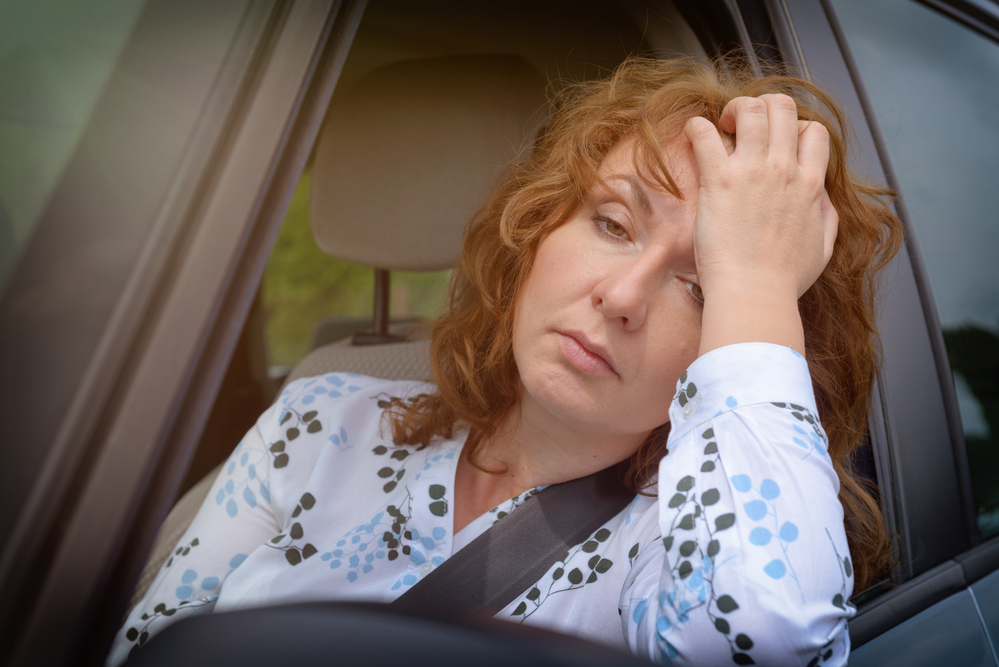
When you’re being shown around a beautiful holiday park on a sunny day, it’s amazingly easy to start making decisions with your heart instead of your head – but it pays to keep a semi-sensible mindset.
More often than not, choosing the wrong holiday caravan park means choosing one that’s too far from home. While it might feel exciting to drive for 3-4 hours and find yourself in a totally different part of the country – that drive can quickly get tiring and tedious, especially if you’re making it frequently.
Of course, it’s not just distance that can make a park a bad fit. It could be that you’re looking for a quiet park but have your head turned by an all-action park. Or maybe you’re thinking about what the grandkids will enjoy – neglecting the fact that it’ll actually be you spending your weekends there.
Buying on the wrong park will either reduce your love of owning your own holiday home – or it’ll be an expense to part-exchange to another park. Either way, it’s a problem best avoided.
How to Avoid This Pitfall
- Think about the travel involved with getting to the park – ask yourself if you could realistically and enthusiastically do it every weekend.
- Think about how you’re going to be using the park 90% of the time and choose a park that suits that – not the other 10%.
2. Not Planning for Running Costs
While the purchase price of a caravan is probably the main thing on your mind when you’re looking around holiday parks, it’s important to keep an eye on running costs too.
While there’s no council tax on holiday static caravans, there are other costs – like site fees, energy bills, insurance, and potentially a small portion of the park’s overall local council rates. You might also need a TV licence for your static caravan too. There could be incidental costs like boiler maintenance, rust protection, and other minor issues.
These running costs will often add up to thousands of pounds. Since these aren’t a finance agreement, the park is under no obligation to do affordability checks with you – so buying without doing some budgeting maths could mean you end up struggling to pay if you overstretch yourself or your circumstances change in coming years.
Not budgeting for running costs can turn having a static caravan from a lovely luxury into a financial burden.
How to Avoid This Pitfall
- Ask about all costs when you look around the park. Make a note of them (and the dates they’re payable), and think about whether you’ll be able to justify the bills.
- Think forward. Will your financial situation be the same in the coming years? Not everything is foreseeable – but to the best of your knowledge, will you be able to keep up with costs?
3. Buying Static Caravans as a Financial Investment
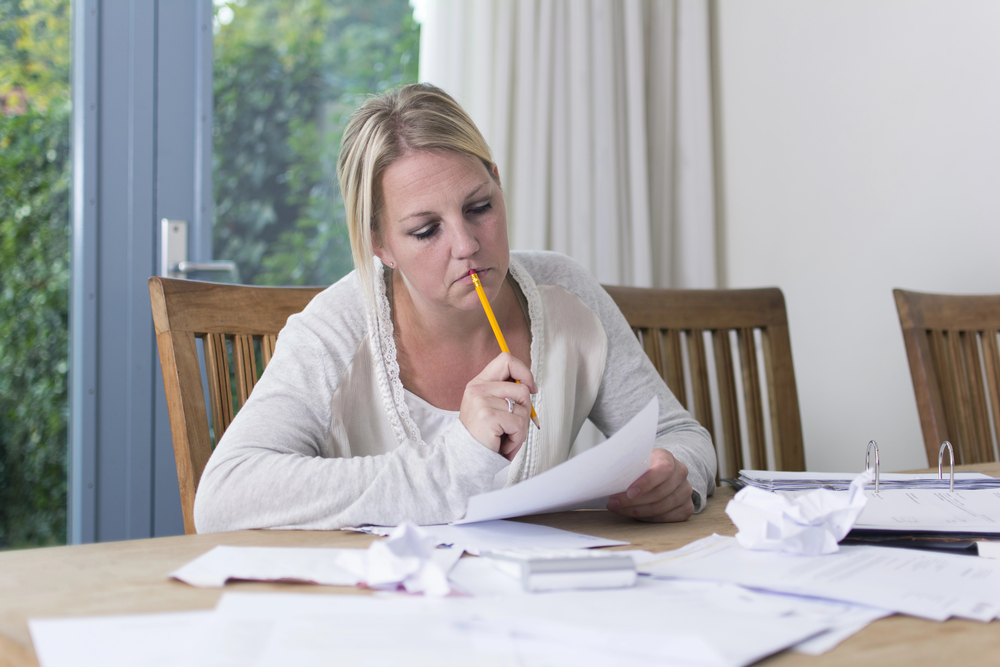
At a quick glance, a static caravan can look like a good financial investment – but don’t be fooled. A static holiday home is a great lifestyle investment – but if you’re buying one to make money, you’re going to be disappointed.
The reason people experience this pitfall is because the maths looks easy. You might assume that people will rent your caravan all year round and therefore generate an impressive rental income – but this rarely turns out to be the case. Sure, the big caravan parks have lots of customers – but they have millions of pounds of marketing budget (and even they’re not full every week).
There are lots of hidden costs when you’re renting your static out too – think cleaning bills after every stay, providing entertainment passes for every guest, washing bedding, preparing the caravan, cancellations – and so on. Remember too – caravans depreciate in value, meaning you will have to be making a huge amount of money to even offset this.
How to Avoid This Pitfall
- Simple one – don’t buy a static caravan as a financial investment. In over 20-years of working on holiday parks, we’ve seen lots of people convinced they can make it work – but it never does.
4. Overstretching on Purchase Price
Whether you’re looking at caravans on holiday parks or residential caravan parks, they’re sure to be laid out looking their best on a caravan showground with prices in the windows. It’s very easy to talk your budget up, thinking you’ll get your perfect static caravan – but it can often lead to financial headaches.
Whether you’re looking at a cash purchase or static caravan finance, caravans are the most fun when they’re affordable. While it might seem like a more luxurious static will enhance your enjoyment, this rarely outweighs the stress that can come if you find yourself overcommitted.
How to Avoid This Pitfall
- Before you visit, discuss a budget. Consider your disposable income and how much you can justify spending on a caravan.
- Don’t forget to think about additional costs when you’re at your caravan too – days out, takeaways, drinks, activities, etc.
- Be firm with a salesperson. Explain that you have a top limit and you don’t want to look at caravans that go beyond your price range.
5. Buying the Wrong Caravan
A bit like buying on the wrong park, the wrong caravan can make your holiday experiences a lot more hassle.
Now, there’s not too much to go wrong here. Perhaps the most important thing to remember is that holiday homes will sleep between 6-8 people, depending on whether you choose a 2 or 3-bedroom model. Will the kids get tired of sharing a bedroom? Is pulling the fold-out bed out of the seating going to get on your nerves after a while? If so, you’ll need to think a little carefully when it comes to choosing your static.
How to Avoid This Pitfall
- Think about who’s going to be using the caravan most of the time. Account for how the static will be used 90% of the time when you choose.
- Spend a bit of time in the caravan you’ve chosen before you commit. Think about practicalities – cooking, muddy shoes, where the TV will go – and so on. If it’s not right, keep looking until you find one that is.
6. Living on a Holiday Park
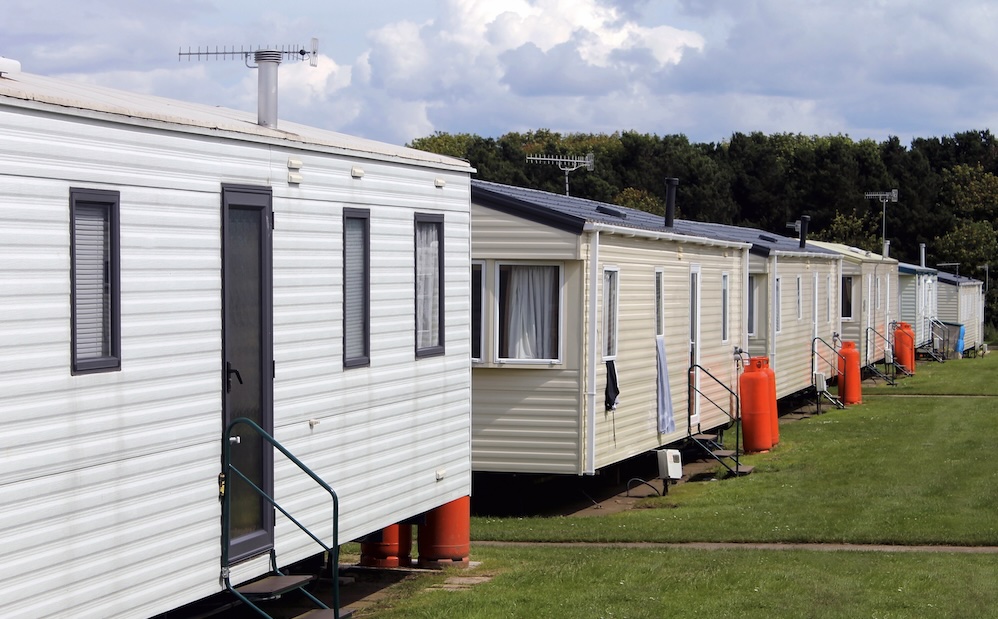
Although very rare, perhaps the most life-changing pitfall of caravan ownership is buying a static caravan under the impression you can live in it – only to be told that this isn’t the case further down the line.
You cannot legally live on a holiday park; you must instead look for residential caravan parks. If you are missold a caravan to live in on a holiday park, you might face a legal battle to get your money back. If you feel like you can bend the rules and get away with living on a holiday park, you’ll almost certainly find yourself in a tricky situation – possibly even without a home.
How to Avoid This Pitfall
- If you’re thinking about making a static caravan your permanent residence, read our detailed blog on living in a static caravan.
- Make sure that you are buying on a residential park and not a holiday park.
- Make sure all verbal agreements or arrangements are also documented in writing – and take copies. This will protect you if the ability to live in your static caravan is ever disputed.
7. Finding Yourself with Costly Repairs After Buying Pre-owned
Although not common, it is possible to buy a static caravan and find yourself having to make repairs shortly after purchase. This can add unneccessary spending at a time when you’ll be wanting to just get out and enjoy being a caravan owner.
Most of the time, issues won’t be intentionally hidden – they might have just been missed when the caravan is inspected prior to sale. However, if they’re not put right before you take ownership of your caravan, you might find it harder to get them put right – which can leave a nasty taste in your mouth.
How to Avoid This Pitfall
- If you find a caravan you’d like to buy, ask to spend some time in it alone, making a ‘snagging list’ of issues. Ask that remedying these issues is written into your sale agreement.
- Before you accept the keys on hand-over day, work your way around the static caravan checking everything. Caravans can sometimes develop minor issues like panel gaps or misaligned doors when they’re re-sited – but it better that the park representative is aware of this and can put them right.
8. Selling Shortly After Buying
Perhaps the most painful caravan pitfall is the one experienced by people who sell shortly after buying. Unfortunately, life circumstances can change with little notice – and while there’s nothing you can do about that, you can avoid the idea of trying a static caravan for a year and then selling it if you don’t like it.
The problem with that? Well, caravans depreciate in value. So, you’re not going to get back what you’ve bought it for. What’s more, there are lots of additional things you paid for when you bought your caravan – such as siting costs, safety inspections, steps, and the profit the park operator makes to keep their business running – and you won’t get those things back either.
The harsh reality is that you may “lose” £10,000 (or much more) if you sell your new static caravan a week after buying it. That might sound difficult to swallow – but the absolute truth is that caravans are an investment that repays itself with amazing holidays over a number of years, which makes depreciation far easier to deal with when you’ve got countless memories and new friends to show for your money.
How to Avoid This Pitfall
- Not sure if you’re ready to be caravan owners? Try caravan park holidays before you commit to buying one – if you don’t love the lifestyle, don’t make a big financial commitment.
- Think forward before you buy. What would you do if you ran into unexpected circumstances that meant you couldn’t afford to keep your caravan. Could you share ownership with a friend or family members? It might be unlikely – but it’s useful to have a back-up plan.
9. Not Asking About Any Caravan Age Limit
Age limits on caravan parks are largely a thing of the past – but that doesn’t mean they don’t crop up from time to time. You might be completely fine with an age limit – but if you’re unaware and your caravan is coming up for renewal, you might find yourself forking out a lot of money just to upgrade your caravan whether you want to or not.
How to Avoid This Pitfall
- Ask specifically about age limits – and check the park rules. The right caravan park will be absolutely transparent with you.
- Ask about the age of the static caravan you’re buying. If there’s an age limit, work out how many years you’ll be able to keep that caravan and decide if you feel it’s reasonable.
- Make sure that age limits – or any lack of age limit rule – is clearly stated on the purchase agreement you sign. Don’t take a salesperson or manager at their word – if they leave, you’ll be left with no protection.
Common Problems with Static Caravan: FAQS
Now we’ve covered a range of static caravan pitfalls – we’ll answer some common questions about issues with caravans and the static caravan sales process.

How can I be certain a park won’t just tell me what I want to hear?
Since there are some common mistakes people make when shopping for a static caravan, you’re right to wonder if salespeople will minimise or gloss over potential issues just to get another caravan sold.
In our experience, this is rare – especially because all of the big park operators have something called a “welcome meeting” after you decide you want to buy a static caravan. This meeting is held with a senior manager from the park who’s independent from the salesperson – giving you a chance to ask your questions again and make sure everything agreed is also recorded in your official paperwork.
Still, it’s right to be vigilant. If you’re not sure about anything you’ve been told – err on the side of caution and don’t make a commitment. You might decide to talk to other owners on the park to get their point of view – or even talk to other parks, who’ll be able to tell you how things work there.
What are some of the financial problems with owning a static caravan?
This is a tricky one because everyone’s personal finances are different – so what’s a problem for one person might not be an issue for another. Typical issues include:
- Over-commiting on purchase price/monthly payments
- Not fully accounting for the fact that there are annual running costs
- Assuming that your rental income is going to be much more significant that it turns out to be
- Buying a static caravan as a financial investment
If you can be sure you’re safe in these areas – usually by just doing a bit of realistic budgeting before you make a final decision – then having a static caravan should be a wonderful lifestyle investment!
What happens if I realise I’ve made a mistake buying a static caravan?
The first thing you should do is talk to your park operator. This is especially important if you worry that you’re not going to be able to keep up with your financial commitment.
If you feel like you’ve been missold your caravan, it’s a good idea to talk to an independent third-party, like Citizens Advice. Although rare, misselling isn’t impossible – so they’ll be able to give you legal advice.
In some cases, people prefer to cut their losses and sell their holiday home. There are lots of great ways to do this – maximising the exposure your static will get and also maximising the price you might acheive. Talk to your park if you’d like to explore this option – as they might buy it back – or alternatively, fill in the contact form on this page and we’ll help you get bids from our UK-wide network of static caravan buyers and traders.
Summary: Potential Pitfalls of Owning a Static Caravan
As you can see, there are possible issues that can arise either when you’re buying or after you’ve purchased a static caravan holiday home. This list isn’t designed to put you off though – it’s designed to give you all the information you’ll need to avoid possible issues.
Having a holiday home is an amazing life-changing decision for 99.9% of people who take the plunge. The key to making sure you have a wonderful experience is asking the right questions.
A little bit of preparation around your budget and what you really want from a park will help you stay objective on the day of your park visit – and not get too carried away when the sun is shining and you’ve got lots of amazing caravans to look around!

